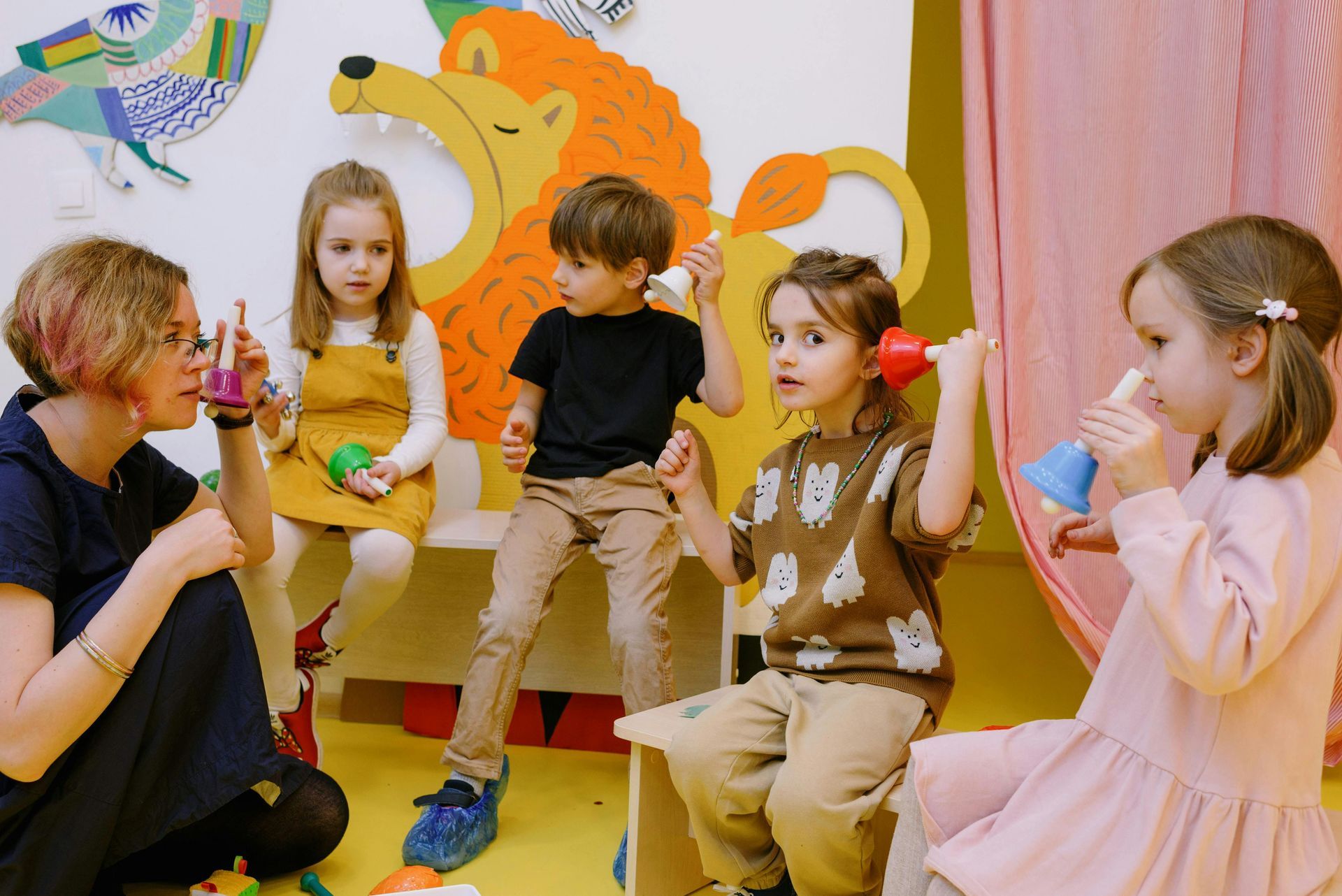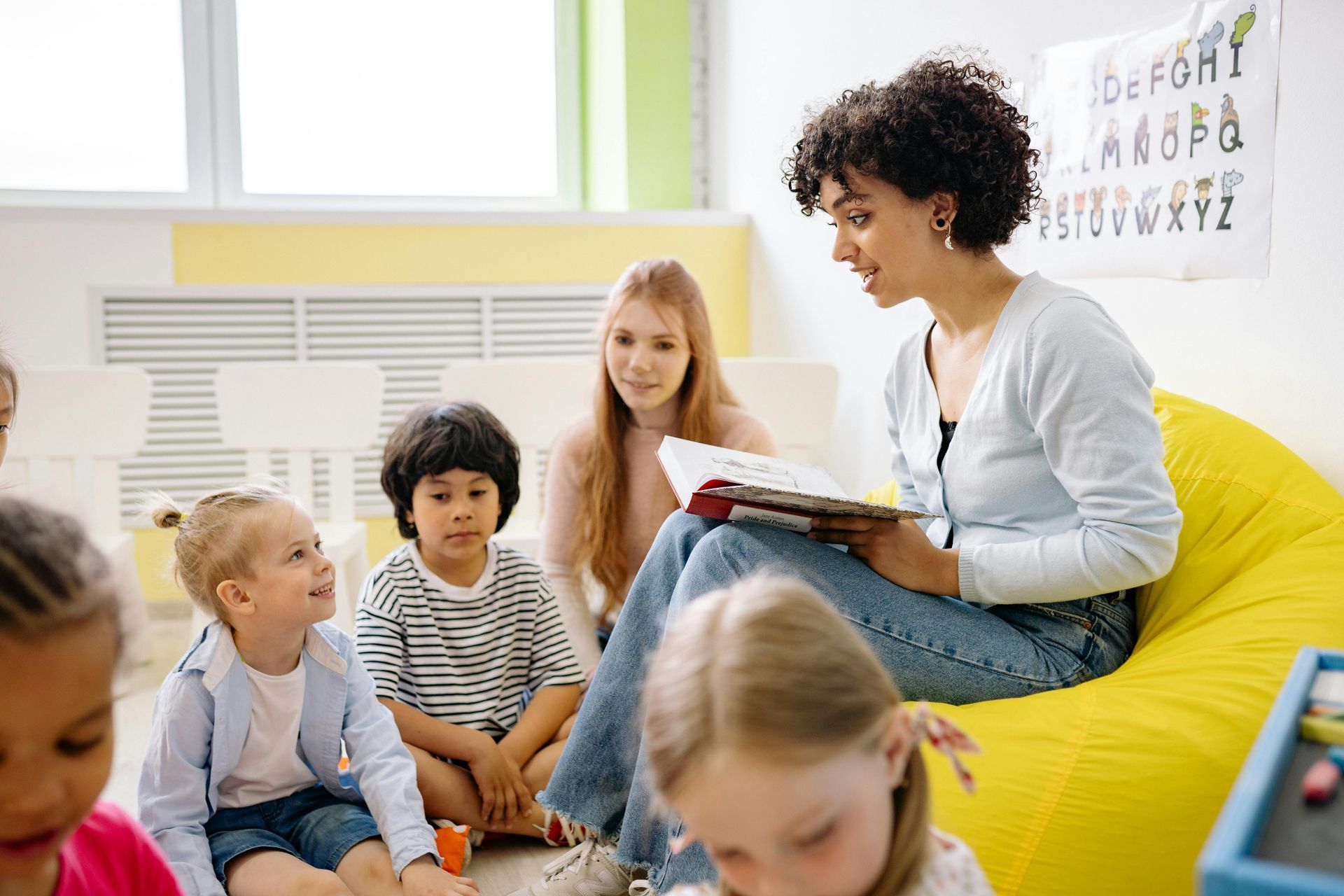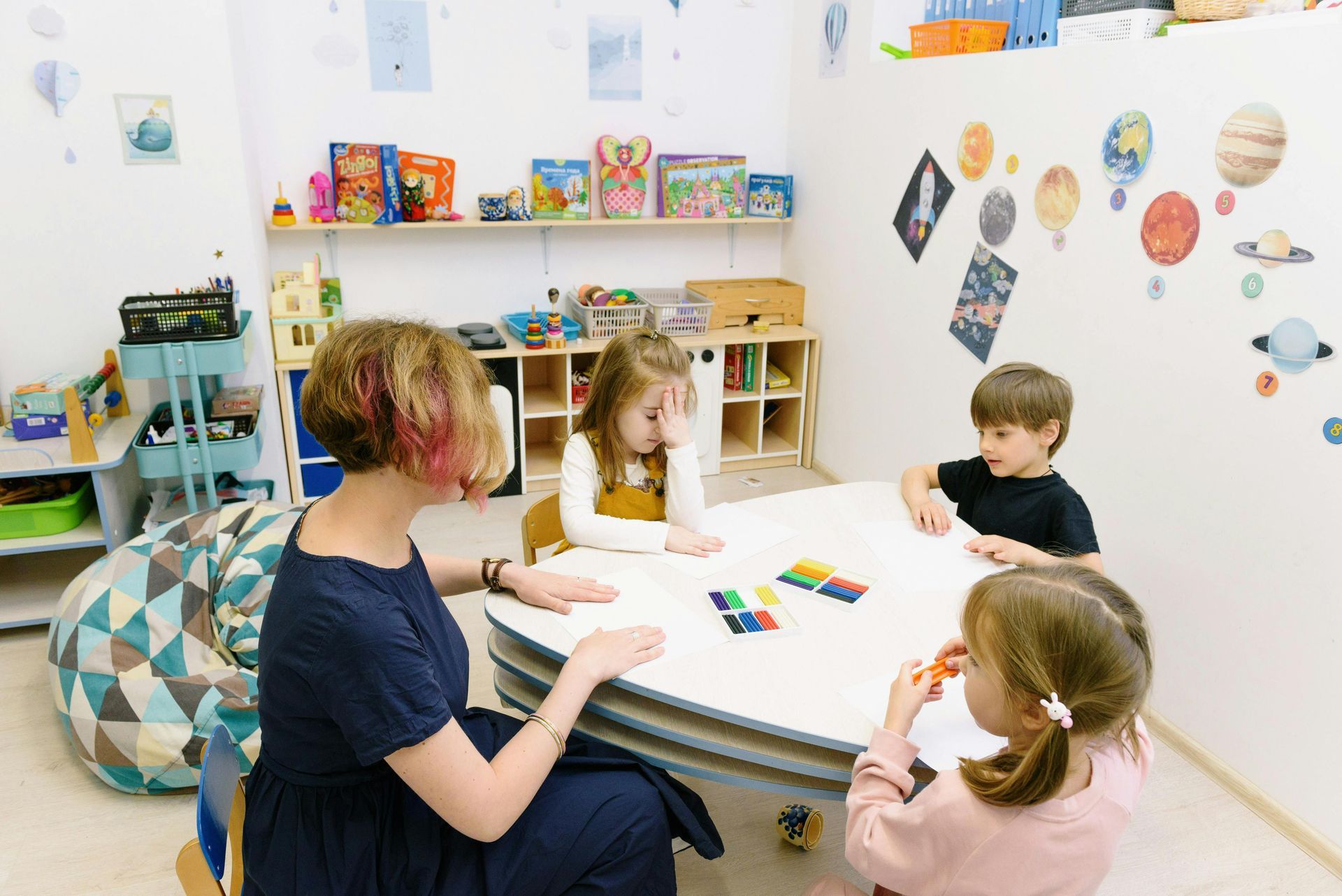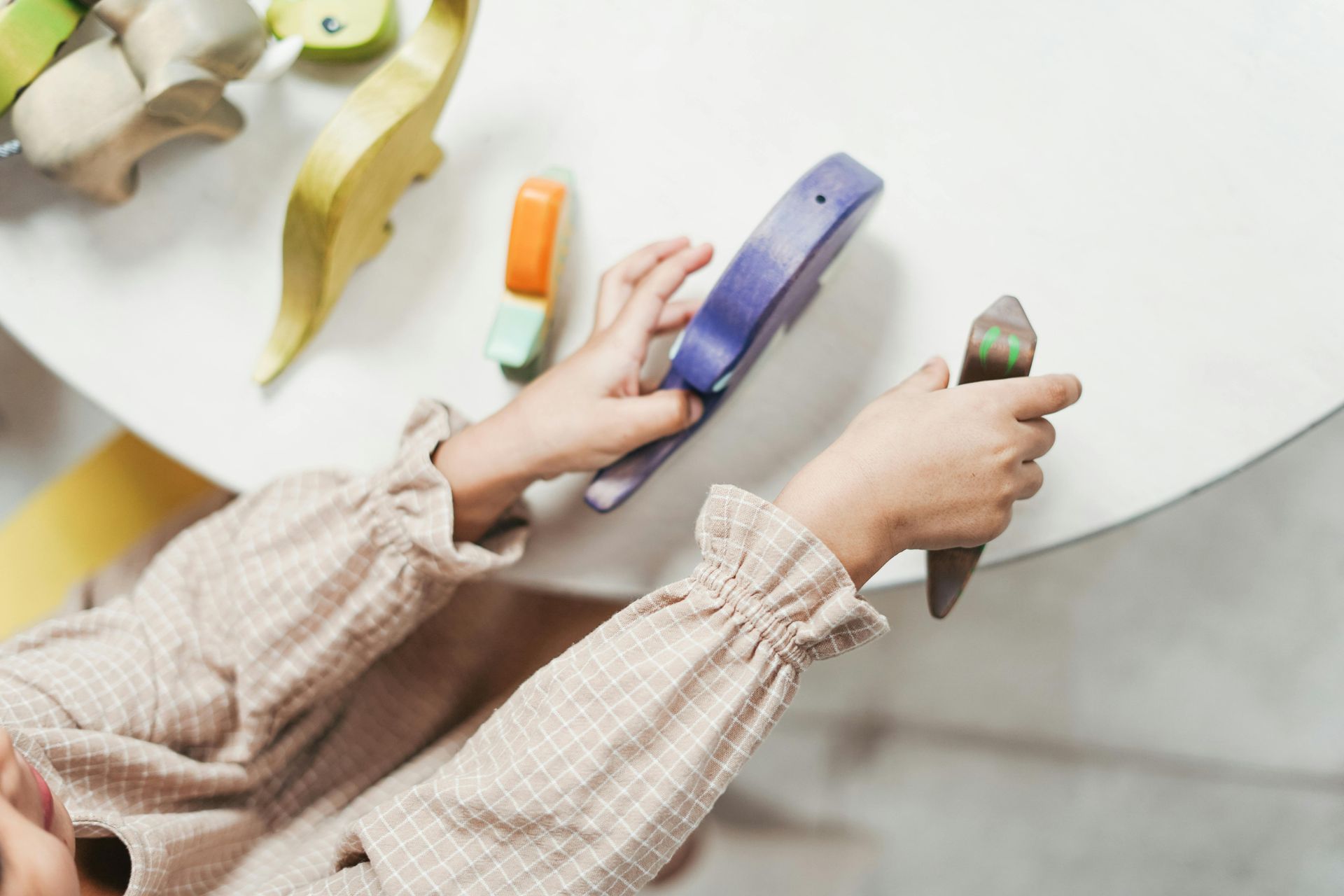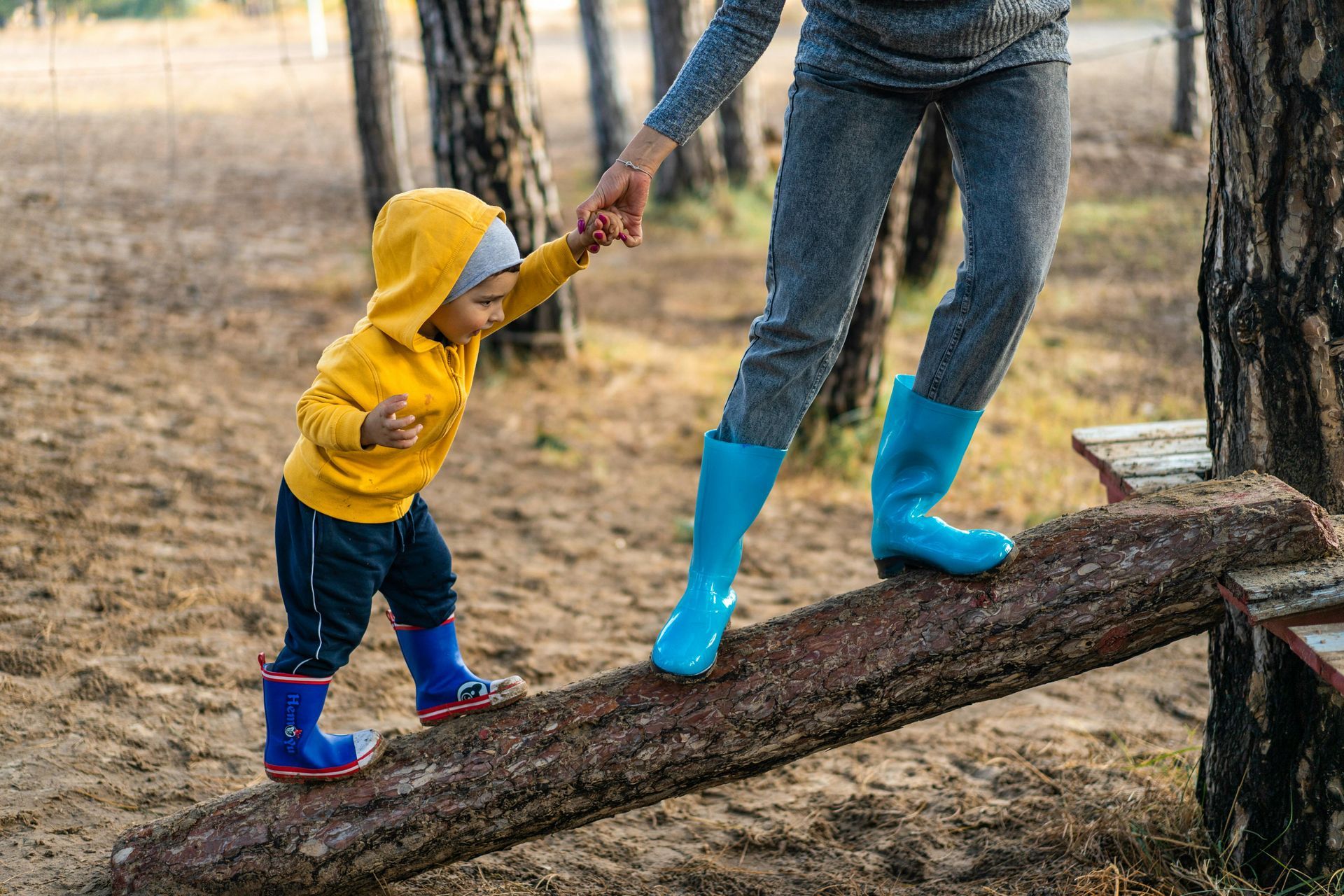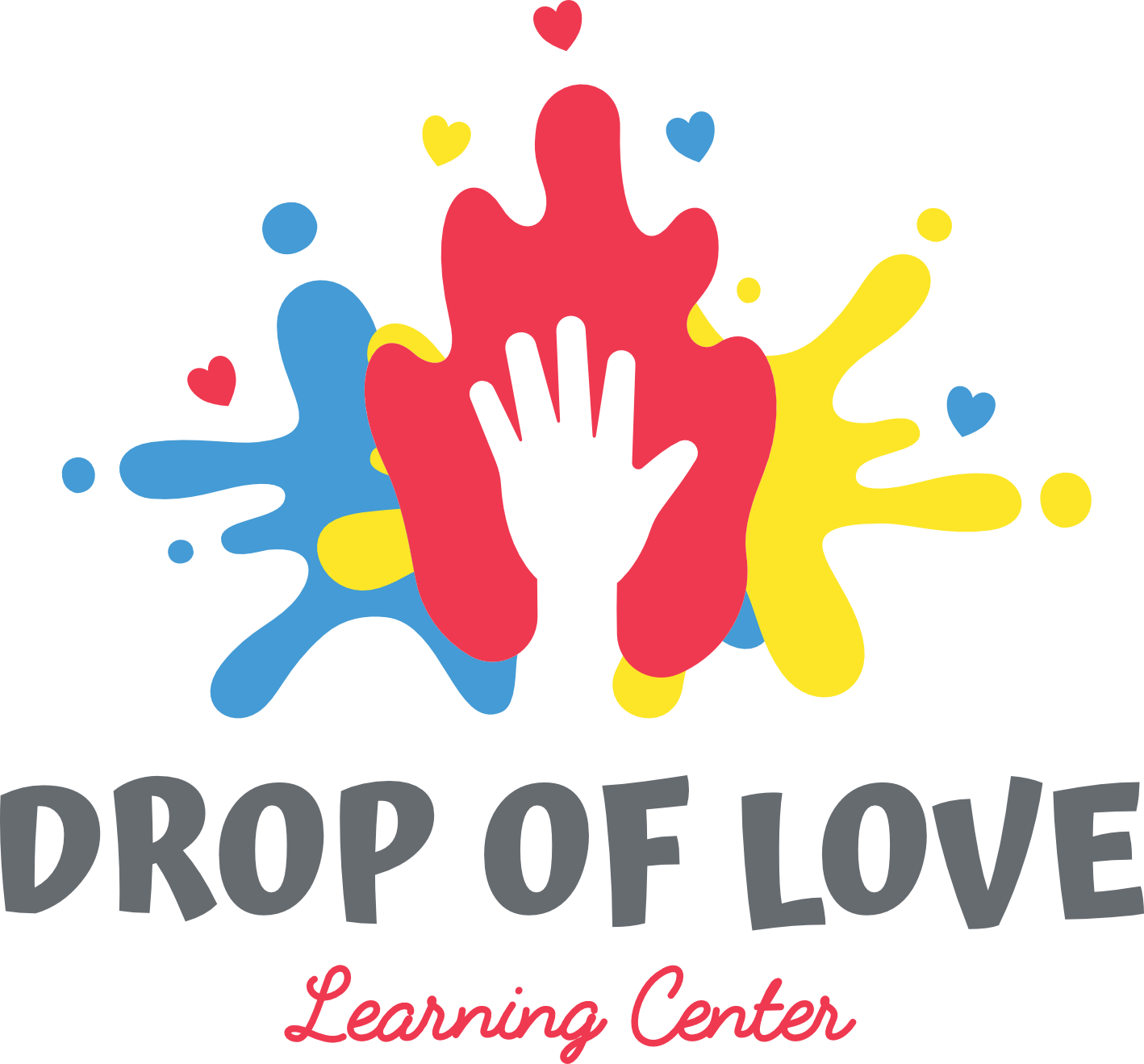The Power of Play: Nurturing Creativity and Critical Thinking in Early Childhood
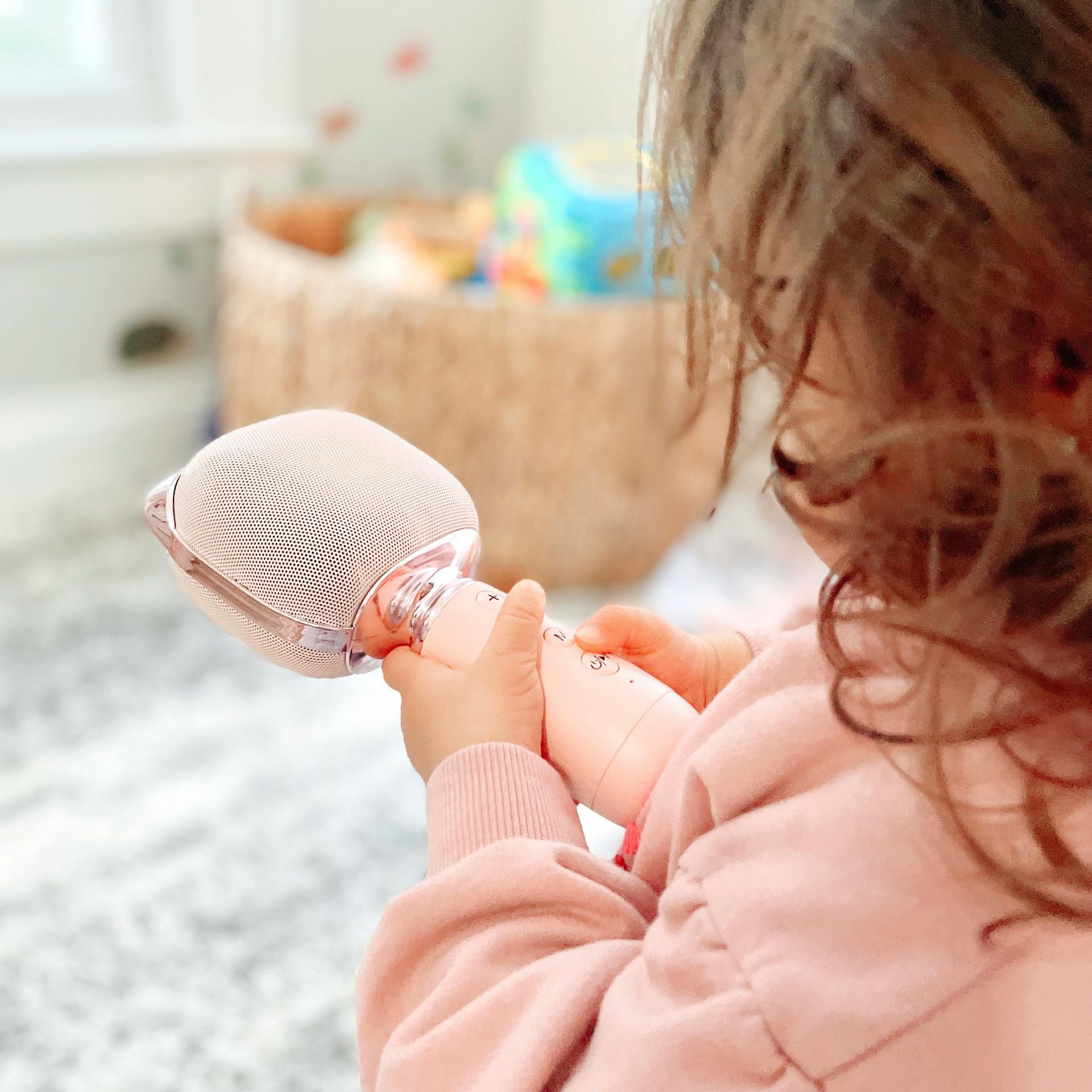
At Drop of Love Orlando, we believe that play is not just fun—it’s a vital ingredient in a child’s cognitive, social, and emotional development. In a city as vibrant and dynamic as Orlando, play can take many forms, and it’s through this play that children develop the creativity and critical thinking skills necessary to thrive in all aspects of life.
In this post, we’ll explore how different types of play help foster a child’s creativity, problem-solving abilities, and imagination, and why it’s so important for children to play freely, without boundaries, in their early years.
The Connection Between Play and Cognitive Development
When children engage in play, they are doing much more than passing time—they are developing important skills that will serve them in every aspect of their lives. Play helps children make sense of the world around them, learn how to solve problems, and apply their creativity in real-world situations.
Here’s how different types of play contribute to cognitive development:
1. Problem-Solving through Imaginative Play
Whether they’re building an imaginary castle, pretending to cook a feast, or setting up a pretend marketplace, children engage in role-play that requires them to solve problems and think critically. They learn how to navigate conflicts, manage resources (like pretend money or food), and collaborate with others.
2. Structured Play for Learning
At Drop of Love, we integrate structured play activities such as puzzles, board games, and interactive challenges. These activities sharpen a child’s ability to think logically, understand cause and effect, and focus on specific tasks to reach a goal.
3. Free Play for Exploration
Free play—where children are given the freedom to explore toys, materials, and ideas on their own—allows for self-directed learning. This type of play fosters curiosity and encourages children to think independently. From playing with building blocks to creating art from clay, free play enhances decision-making skills and promotes a sense of accomplishment.
The Role of Sensory Play in Creative Development
Sensory play, which involves activities that engage a child’s five senses (sight, sound, touch, taste, and smell), plays a significant role in cognitive and creative development. Sensory experiences help children build neural connections and deepen their understanding of the world.
At Drop of Love Orlando, we encourage sensory play in various ways:
- Water Play: Exploring textures, floating objects, and simple water-based experiments teaches children about physics, such as buoyancy and volume.
- Nature Exploration: Whether it’s feeling the texture of tree bark or listening to the sounds of birds, nature provides endless sensory experiences that fuel creativity.
- Art and Craft Activities: Children use their hands to create, paint, and mold, developing their fine motor skills while expressing themselves artistically.
By engaging with the world through sensory experiences, children’s creativity blossoms. They not only explore their surroundings but also learn to think about materials in new and inventive ways.
The Social Impact of Play: Building Collaboration and Empathy
Play doesn’t just help children think creatively—it also teaches them how to interact with others. Social play, such as cooperative games, group art projects, and team-building activities, promotes collaboration and empathy. Children learn to share, negotiate, and problem-solve as a team, all of which are essential skills for building strong relationships.
At Drop of Love Orlando, we emphasize cooperative play in these ways:
1. Collaborative Art Projects
Children work together to create murals, sculptures, and other group art projects. These activities teach them how to share materials, communicate their ideas, and build something meaningful as a team.
2. Group Games for Teamwork
Whether it’s a simple game of tag or a more structured team challenge, our children practice working together towards a common goal, learning how to support each other and resolve conflicts amicably.
3. Peer Mentoring and Support
Older children often help guide younger classmates through games or tasks, learning leadership and nurturing skills while fostering a sense of responsibility.
Why Creativity Matters: Preparing Children for the Future
Creativity isn’t just about painting or drawing—it’s about thinking outside the box, solving problems with innovative solutions, and adapting to new challenges. In a world that is rapidly changing, creativity is one of the most important skills children can develop.
Here’s why nurturing creativity in early childhood is so crucial:
- Resilience: Creative children tend to be more adaptable when things don’t go as planned. They can reframe challenges and find solutions when faced with obstacles.
- Innovation: Creative thinkers often become innovators—people who see problems as opportunities for new solutions.
- Emotional Intelligence: Creative expression allows children to explore and express their emotions in healthy ways. It helps them understand their feelings and communicate with others more effectively.
By fostering creativity through play, we equip children with the tools to become confident, adaptable individuals who can face the future with resilience and optimism.
The Drop of Love Difference: A Playground for the Imagination
At Drop of Love Orlando, our commitment to nurturing creativity goes beyond just structured playtime. We’ve designed our environment to encourage imaginative exploration at every turn:
- Outdoor Playgrounds with Interactive Features: Our outdoor spaces are equipped with sensory gardens, building blocks, and musical instruments, providing endless opportunities for creative expression.
- Imagination Stations: Throughout the classrooms, we set up “imagination stations” that invite children to create their own worlds—whether that’s through building, dressing up, or crafting with different materials.
- Open-Ended Toys and Materials: We provide open-ended toys like Legos, clay, and natural objects that children can manipulate and transform into anything they imagine.
We believe that when children are given the freedom to explore their ideas without limitations, their creativity can soar—and that creative energy lays the foundation for future academic and personal success.
Discover how early learning environments nurture confidence and emotional growth in Building Confidence Through Early Childhood Learning: How Empowering Kids Shapes Their Future and The Role of Social-Emotional Learning in Early Childhood Education: Building Strong Foundations.
Conclusion: Unleashing Potential Through Play
At Drop of Love Orlando, we know that every moment of play is an opportunity for growth. Through play, children not only learn to think critically, but they also discover who they are, who they want to be, and how they can positively impact the world.
As we continue to nurture our young learners, we encourage families to embrace the power of play and allow their children the space and freedom to explore, create, and learn in their own unique way. When children are free to play, they are free to imagine, innovate, and succeed.
